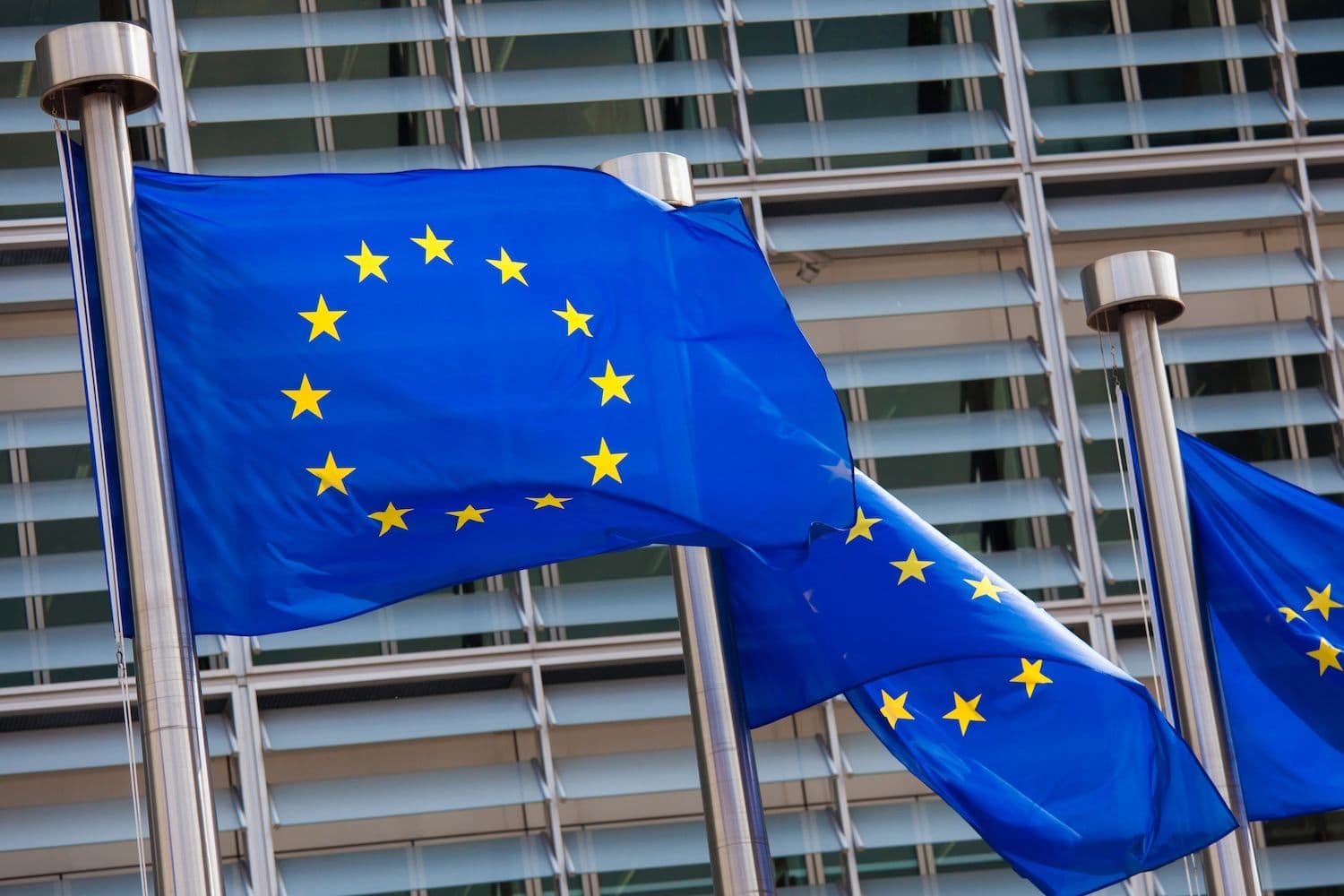The European Commission plans to clarify that EU cryptocurrency regulations permit stablecoins issued by companies with European Union licenses to be treated as interchangeable with tokens issued by the same companies' non-EU entities. A source familiar with the matter confirmed Wednesday that this guidance addresses a critical question about cross-border digital asset operations under the bloc's comprehensive crypto framework.
What to Know:
- The Commission will soon provide guidance allowing EU-licensed stablecoin issuers to treat their tokens as fungible with those from non-EU arms of the same company
- France's banking supervisor submitted the original query in April 2024 seeking clarity on token interchangeability rules
- The European Central Bank has warned this approach could undermine EU financial sovereignty by allowing non-EU token holders to drain EU reserves
The clarification comes as European regulators continue wrestling with the complexities of digital asset oversight. Stablecoins represent a category of cryptocurrency designed to maintain consistent value by pegging to traditional currencies like the U.S. dollar.
This guidance marks the latest regulatory attempt to address stablecoin risks while enabling innovation. The timing reflects growing urgency among policymakers to establish clear rules for the rapidly evolving crypto sector.
MiCA Framework and Token Requirements
The European Union adopted its Markets in Crypto-Assets regulation in 2023, creating comprehensive rules for digital asset operations. Under MiCA, stablecoin issuers must obtain supervisory approval to create tokens within EU borders, with these assets classified as e-money tokens.
EMT issuers face strict reserve requirements. They must hold most backing assets in EU-based banks to ensure redemption capabilities when customers exchange crypto for traditional currency. These rules aim to protect consumers while maintaining financial stability.
France's banking supervisor posed the interchangeability question in April 2024, seeking clarity on whether identical tokens from different corporate arms would be considered fungible. The query specifically addressed scenarios where one entity holds EU licensing while another operates outside the bloc.
Central Bank Concerns and Commission Response
European Central Bank President Christine Lagarde warned Monday that stablecoins pose risks to monetary policy and financial stability. She urged lawmakers to advance legislation supporting a digital euro launch. Her comments underscore ongoing tensions between innovation and regulatory control.
The ECB previously expressed concerns about cross-border token fungibility. Bank officials warned that EU-held reserves could face redemption pressure from non-EU token holders, potentially undermining European strategic autonomy. This scenario could create vulnerabilities in times of market stress.
A European Commission spokesperson pushed back against these concerns. The official stated that runs on well-governed, fully collateralized stablecoins remain highly unlikely given proper safeguards.
Non-EU holders would direct redemption requests to non-EU entities rather than EU-licensed operations, according to the spokesperson. This structure should theoretically prevent the reserve drainage scenarios that worry central bank officials.
The Commission noted additional protections available under the framework. EMT issuers operating internationally can be required to implement rebalancing mechanisms ensuring EU reserves match EU token holdings. These mechanisms provide another layer of protection for European financial sovereignty.
Industry Impact and Future Implications
The guidance addresses a fundamental question for global crypto companies seeking EU market access. Many major stablecoin operators maintain entities across multiple jurisdictions to serve diverse markets while complying with local regulations.
Clear interchangeability rules could encourage more companies to pursue EU licensing. The guidance reduces regulatory uncertainty that has complicated cross-border operations for digital asset firms. However, implementation details remain unclear. The Commission has not specified timing for the formal guidance release or outlined specific compliance requirements for affected companies.
The clarification also reflects broader European efforts to balance innovation with regulatory oversight. Policymakers face pressure to avoid stifling technological development while protecting consumers and financial stability.
Closing Thoughts
The European Commission's upcoming guidance on stablecoin interchangeability represents a significant step in clarifying MiCA implementation for cross-border operations. While addressing industry concerns about regulatory uncertainty, the guidance also highlights ongoing tensions between innovation advocacy and financial sovereignty protection within European policymaking circles.



